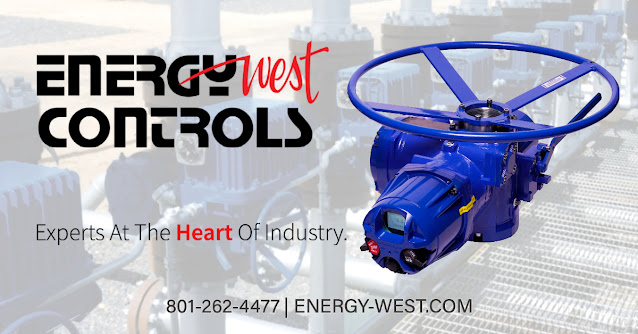An electric actuator is a device that uses electricity to open, close, or modulate a valve. While most of the fundamental concepts used in electric actuators have been around since the 1930s, decades of incremental advancement have significantly increased their capabilities while decreasing their cost. These developments have reached a tipping point in recent years, making electric actuators the preferable option for many applications.
Electric valve actuation offer measurable benefits:
- Electricity is generally inexpensive, easy to handle, and readily accessible at most industrial facilities.
- Electric actuators often have a cheaper capital cost per equivalent torque/thrust output unit.
- They are also better for the environment and safer to use.
- Electric actuators may provide greater positioning precision for control or modulating valve duties and advanced process monitoring, data recording, and information feedback.
- Electric actuators include all necessary control functions, resulting in fewer capital costs.
- By providing distributed control, the electric actuator's historically high wire cost is reduced - through efficient and uncomplicated control logic wiring integrated into client SCADA or DCS systems.
- As torque and thrust needs grow, electric actuators weigh less and have smaller footprints than pneumatic actuators.
- Electronic actuators may provide very high output thrust and torque values when combined with external gears.
There are also certain drawbacks to electric valve actuation to consider:
- With few exceptions, electric actuators cannot guarantee a fail-safe stroke. Nonetheless, they will "fail in place". Fail-safe stroke refers to an actuator's capacity to move a valve to a predetermined safe position when power is lost.
- Electric actuators are more complex than other types of actuators. Electronic technology also demands constant upgrading to keep up with component changes and advancements.
- Electric actuators are less cost-effective than pneumatic and hydraulic actuators and have operating speed limitations beyond a specified size/torque range.
- Electric actuators need more stringent certifications and design characteristics to be safe for use in hazardous areas where explosive process material may be present.
Energy West Controls will assist you in specifying and applying the best electric actuator for your process flow requirement. Visit https://energy-west.com or call 800-533-4477 to discuss your applications.
